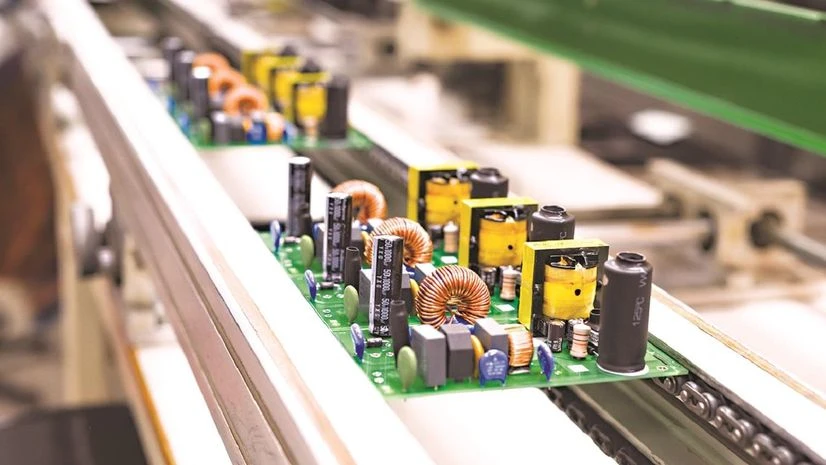With beneficiaries of India’s ambitious production-linked incentive (PLI) scheme for advanced chemical cells (ACC) heading towards the manufacturing stage, the Centre is planning to ramp up its capacity to test these cells.
The Ministry of Heavy Industries (MHI) has urged its automotive testing agencies — International Centre for Automotive Technology (iCAT) and the Automotive Research Association of India (ARAI) — to get accreditation from the National Accreditation Board for Testing and Calibration Laboratories (NABL) for testing cells produced under the ACC PLI, Business Standard has learnt.
This development comes against the backdrop of the three beneficiaries — Ola Electric Mobility, Rajesh Exports, and Reliance New Energy Ltd — reaching their two-year deadline to commission their manufacturing facilities.
“Our testing agencies have begun the process of obtaining accreditation. Since ACCs require specialised testing standards, we need high-tech tools and machinery to test these cells,” a senior government official said.
ACC batteries undergo thorough testing to ensure safety, reliability, and performance. These tests include assessing electrical performance, cycle life, safety against overcharging and thermal runaway, environmental resilience, mechanical integrity, ageing, and performance under different conditions. Such comprehensive testing ensures ACC batteries meet quality standards before deployment in applications like electric vehicles and grid energy storage systems.
Currently, only one testing agency — Bharat Test House — is capable of testing such advanced cells. Once accreditation is obtained for its two testing agencies, the MHI is also likely to bring more testing agencies like National Automotive Test Tracks (NATRAX) and Global Automotive Research Centre (GARC) on board.
More From This Section
A workshop regarding testing of ACC was also held in April where representatives from NITI Aayog, the Ministry of New and Renewable Energy (MNRE), the Bureau of Indian Standards (BIS), NABL, the India Energy Storage Alliance (IESA), iCAT, NATRAX, ARAI, GARC, Engineers India Limited (EIL), and the three approved beneficiary firms under the PLI ACC scheme participated to identify issues related to testing of ACC.
“The meeting was convened to identify the challenges encountered in testing ACC. For instance, testing a single sample can span months due to its requirement for 5,000 cycles. Suggestions were solicited on expediting domestic cell production,” a participant shared with Business Standard.
In 2021, the government approved the ACC PLI scheme with a budgetary outlay of Rs 18,100 crore to achieve a manufacturing capacity of 50 gigawatt-hours (GWh) of ACC and an additional cumulative capacity of 5 GWh for niche ACC technologies. Bidders were selected in March 2022. According to the scheme, the manufacturing facility was scheduled to be commissioned within two years from the date the bidders signed the agreement with the MHI.
Ola Cell Technologies is establishing its manufacturing facility in Krishnagiri, Tamil Nadu, while Rajesh Exports is setting up its facility in Dharwad, Karnataka, and Reliance New Energy Battery Storage is establishing its facility in Jamnagar, Gujarat.
A team comprising members of the MHI, Project Management Agency (PMA), and Engineers India Limited (EIL) also visited the plant of Ola in December to assess the ground status for setting up the manufacturing facility.
Commencing production in India will not only provide the nation with indigenous cells for its EV industry but also lay the groundwork for energy storage for the power sector.
ACCs represent the next generation of energy storage technologies, capable of storing electric energy and converting it as needed.
The Government of India aims to incentivise investors, domestic and international, to establish large-scale ACC manufacturing facilities, emphasising value addition, quality output, and clean energy objectives.
Apart from the three players selected in 2022, the MHI had also announced in April that it has received bids from seven players for the re-bidding tender of the 10 gigawatt-hour (GWh) tranche.
The bidders who participated in the second round included ACME Cleantech Solutions, Amara Raja Advanced Cell Technologies, Anvi Power Industries, JSW Neo Energy, Reliance Industries, Lucas TVS, and Waaree Energies.

)
